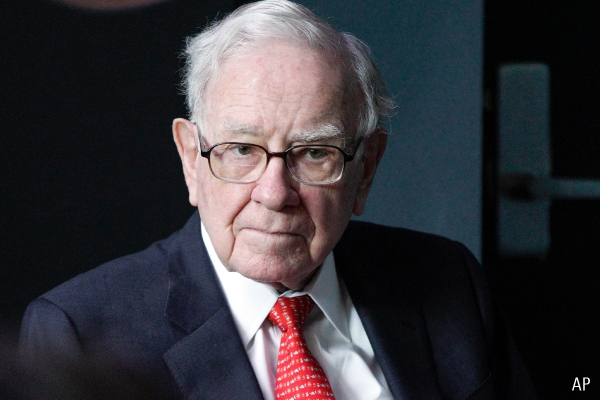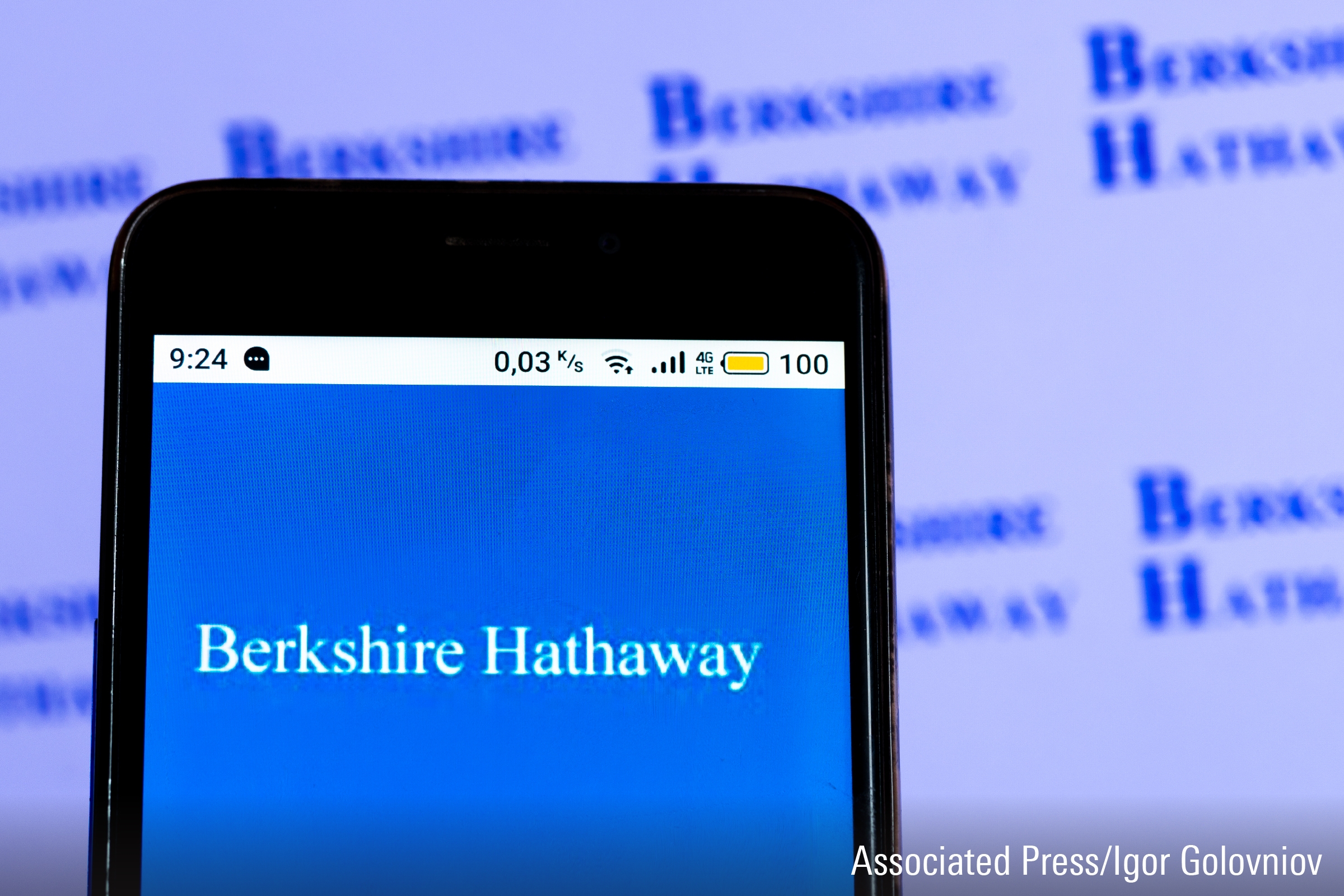
While wide-moat Berkshire Hathaway (BRK)’s annual meeting has always been entertaining, it has generally not been a huge source of meaningful insight into the firm’s operations. This year’s event had the feel of past meetings, with Warren Buffett and Charlie Munger joined by Ajit Jain and Greg Abel on stage taking questions from CNBC’s Becky Quick and shareholders during a live event in Omaha.
The nature of the questions coming from shareholders this year seemed to be driven more toward eliciting information about the inner workings and performance of Berkshire’s operating companies and investments and succession planning, although they were interspersed with plenty of questions about the economy, the health of the U.S. banking system, and requests for advice from Buffett and Munger about one thing or another in the questioner’s life or business.
That said, we still think the elimination of the analyst panel and two of the three journalists has reduced the focus on the inner workings of Berkshire’s businesses and management’s capital allocation decisions. We also believe that one of the biggest drawbacks of the annual meeting format is that it generally prohibits follow-up questions, which might directly challenge statements coming from management during the course of the question-and-answer segment.
If we had to sum up our main takeaways from this year’s meeting—that is, from an analyst’s perspective—we would highlight the following: the meeting provided more insight into Geico’s woes; BNSF’s game plan remains a mystery; Berkshire is comfortable with the risks associated with some of its largest holdings (including Apple (AAPL), Bank of America (BAC), and Occidental Petroleum (OXY)); the company continues to expect to invest heavily in renewables; Abel, who is Buffett’s heir apparent, is invested more in Berkshire and keenly involved in business planning and capital allocation decisions.
Bulls Say
- Book value per share, which is a good proxy for measuring changes in Berkshire's intrinsic value, increased at an estimated 18.3% CAGR during 1965-2022, compared with a 9.9% annualized return for the S&P 500 TR Index.
- Berkshire's stock performance has generally been solid, increasing at a 9.5% (13.3%) CAGR during 2018-22 (2013-22), compared with a 9.4% (12.6%) average annual return for the S&P 500 TR Index.
- At the end of 2022, Berkshire had approximately $164 billion in insurance float. The cost of its float has been negative for much of the past two decades.
Bears Say
- Given its size, Berkshire's biggest long-term hurdle will be its ability to consistently find deals that not only add value but are large enough to be meaningful.
- Another big issue facing the firm is the longevity of chair and CEO Warren Buffett (who turns 93 at the end of August 2023) and managing partner Charlie Munger (who turned 99 in January 2023).
- Berkshire's insurance business faces competitive and highly cyclical markets that occasionally produce large losses, and several of its noninsurance operations are economically sensitive and focused on U.S. markets.






















